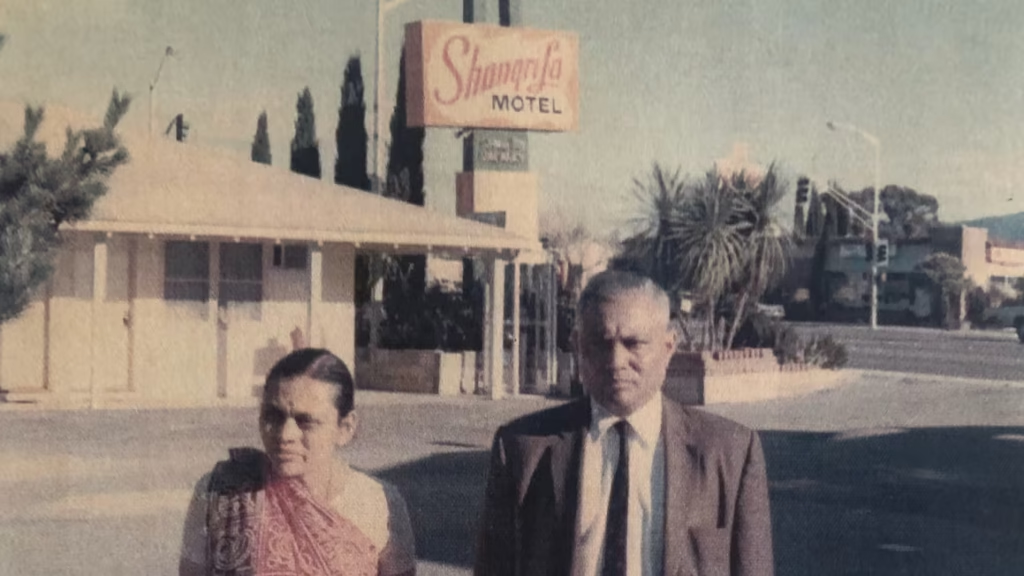The story of the “Patel motel” legacy sheds light on an important chapter in American hospitality history. South Asian immigrants, particularly families with the surname Patel, played a transforming role in motel culture and small-town lodging across the United States. Over decades their motel ventures multiplied, weaving entrepreneurship, culture, and community into the fabric of travel and lodging.
Many Patel motel owners started with little capital but big determination. Through hands-on work, long hours, and tight margins they built reputations for affordability, cleanliness, and welcoming service. Their success was rooted in personal involvement—owners and family members often handled everything from reception to maintenance to housekeeping. This grassroots business model allowed motels to thrive in rural and suburban areas neglected by large hotel chains.
The motel architecture and management style became distinctive. Simple designs, neon signs, and direct driveway parking gave travelers a sense of accessibility. Hospitality came with personal touches: owners often greeted guests, shared local tips, and sometimes involved their children in the legacy, turning the motel into both business and home. As road travel grew after World War II, these motels became resting spots for families, truckers, and tourists, especially along highways and by scenic routes.
Over time competition increased. Big hotel chains with branded amenities, loyalty programs, and heavy marketing began to dominate. Yet many Patel motels survived by focusing on community relationships, customer service, and lower costs. Some even adapted: remodeling, introducing online booking, maintaining digital footprints, and improving amenities while preserving the family-run feel.
Cultural impact runs deep. Patel motel owners often helped support their extended families, sending remittances abroad, investing in local communities, and becoming part of small town economic life. Their story is also about immigrant entrepreneurship and the challenges of assimilation, regulation, rising operating costs, and competition. Many motel owners had to navigate changing zoning laws, rising property taxes, and online review pressures.
Today the legacy of the Patel motel story is mixed. Some motels remain iconic, nostalgically remembered by travelers; others have closed or been sold. Yet the influence persists: the idea that lodging can be personal, family-oriented, flexible, and rooted in place remains a counterpoint to impersonal big chain hotels.


